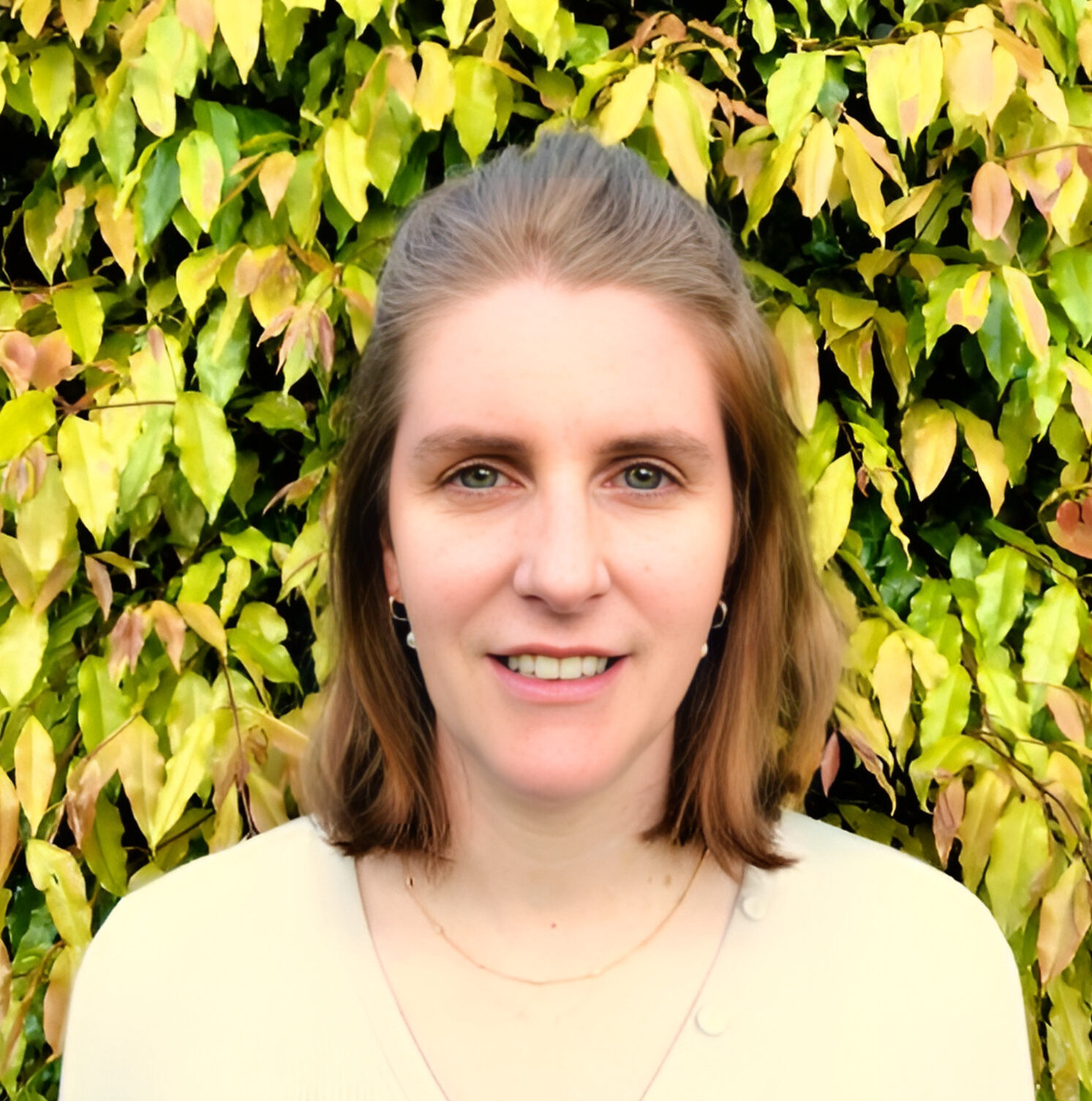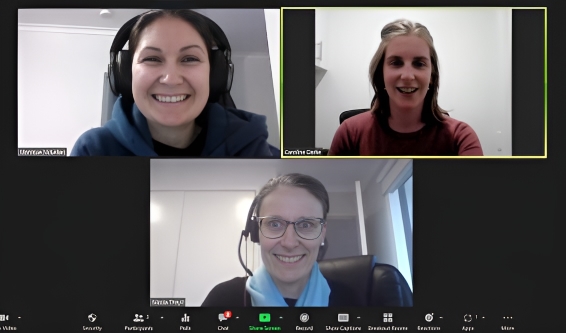SPECIAL FEATURE: PRACTITIONERS’ TIPS
In early 2022, while completing her master’s in T&I, Caroline Darke was invited to join a translation revision club with three professional French>English freelance translators. She explains here what a revision club is, and how she feels she has benefited.

It developed in 2016 out of a series of blog posts and comments discussing the conundrum of how translators could improve the quality of their work through peer revision in the face of time and budgetary constraints.
In its simplest form, a revision club is an arrangement whereby individual translators working in the same language pair and direction take turns reviewing each other’s translations. The cycle finishes with a ‘slam text’: all club members translate it, then meet up to compare and discuss their translations and approaches to linguistic and cultural challenges.
It’s important to note that a revision club is not a proofreading service. The purpose of the club is for members to improve their translation skills, and the texts used are either members’ past translations or translations completed specifically for peer feedback, rather than ‘live’ translations.
And if you’re wondering how a revision club differs from a translation masterclass [as described by Yveline Piller and J. Angelo Berbotto in the December 2022 issue of In Touch]:
• it’s a much smaller group
• it’s ongoing
• the group doesn’t work together on the slam text to combine their ideas and make a final version
• the small group structure allows each person to select their own text for revision (as well as taking turns to choose the slam text), which can be beneficial if there’s a particular translation issue you would like input on from others.

As a translation student, I was initially quite daunted – not only by the prospect of sending my own translations to professional translators to be reviewed, but also by that of providing feedback on their translations! However, the experience has been incredibly beneficial, as – in addition to valuable feedback – I’ve been exposed to alternative perspectives on common translation challenges. For example, a French sentence can often ‘hold’ more ideas within it than its English equivalent, and the translator must find a creative solution to convey the same information and meaning just as clearly and succinctly in English. What’s more, as a novice translator I’ve found it quite helpful to see firsthand where, why and to what extent a more experienced practitioner might ‘move away from’ the source text.
Our revision club focuses on environmental, legal and business texts, but we sometimes tackle other texts – one example being the preface to a cookbook – to provide opportunities to stretch our translation muscles in other domains.
I joined the club as the fourth member (although for much of last year we were three, while one member was on maternity leave). We’ve found that a club size of three to four members works well, as it provides diversity of experience and opinions without having to wait too long for your own translations to be reviewed.
Working online and meeting over Zoom means there is no restriction on geographical location. However, all our members are in similar time zones, and this does facilitate scheduling to discuss slam texts.
After completing my studies, I realised that clients are unlikely to provide feedback of the kind that my tutors and lecturers did, so our revision club provides much needed opportunities for feedback and ongoing skill development.
Revision clubs are also a great way to reduce the isolation inherent in freelance work and to foster positive industry relationships.
I’ve found participating in a revision club has improved my ability to critically read my own work, and hopefully allows me (and also, of course, my club colleagues) to produce better quality translations.
French>English translator Caroline Darke completed a BA majoring in French and Spanish, followed by an accounting degree. After working in accounting and business then taking time out of the workforce to start a family, she returned to follow her passion for languages, completing the Master of Interpreting and Translation Studies (MITS) course at Monash University, Melbourne in 2022, and is now undertaking a PhD in the Translation Studies program there.
* Tim Gutteridge started a Facebook group to help match translators up with peers who want to establish or join revision clubs. You can read a post by Tim and find the Facebook link here.


